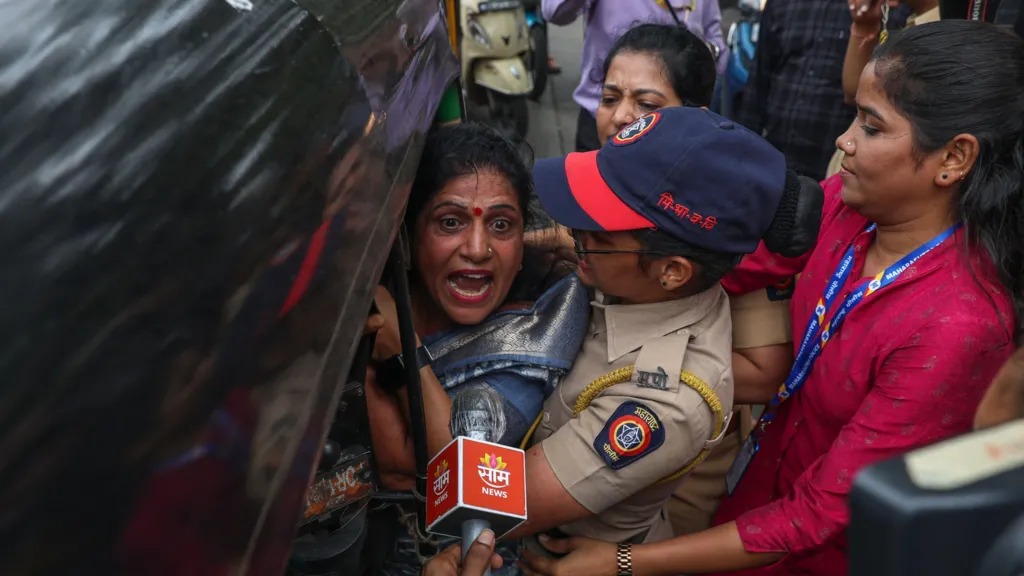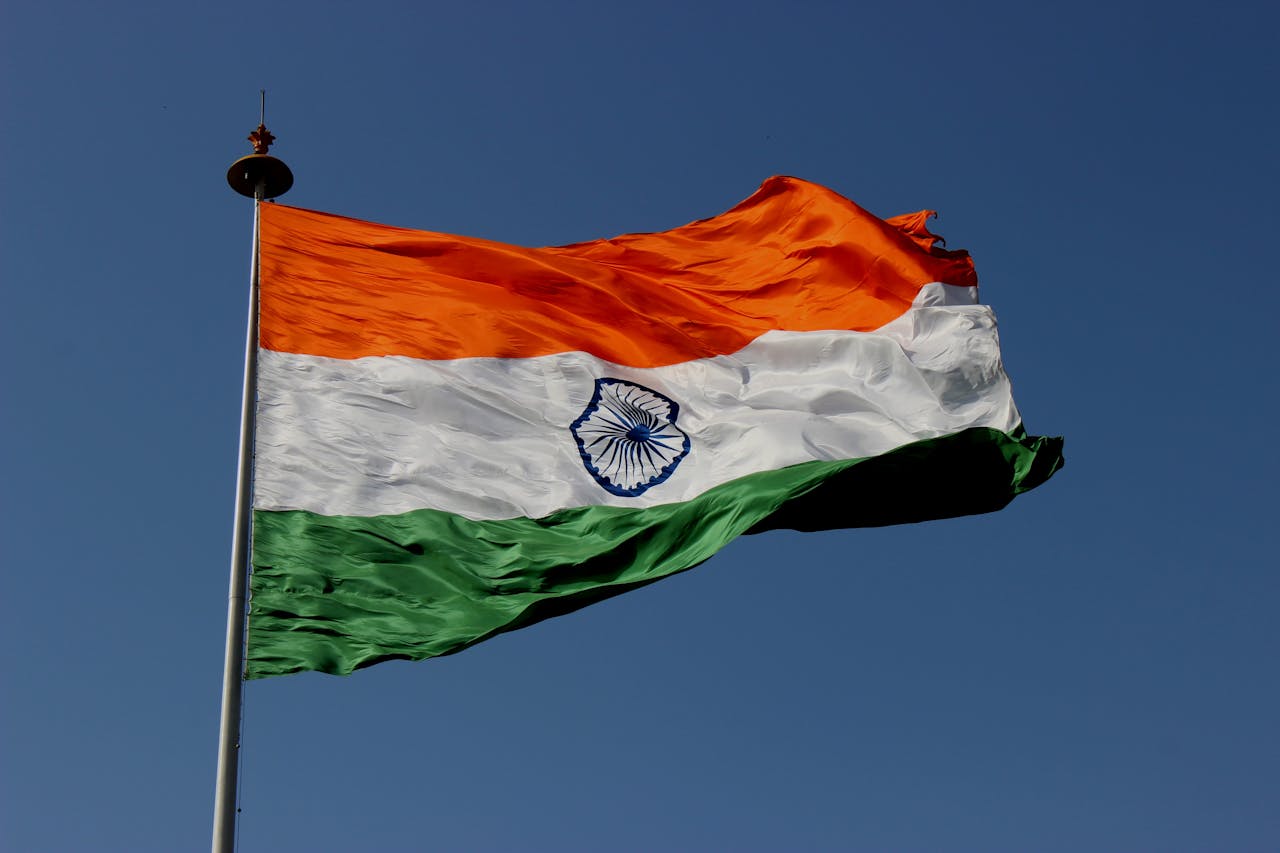Mumbai, July 11– The Maharashtra language issue reached a boiling point this week after the state’s decision to make Hindi compulsory in primary schools sparked a fierce language row across the region. What began as an education policy quickly turned personal for many. As civil society groups, political leaders, and language activists took to the streets to defend the Marathi language. They called the move an attack on their regional identity and way of life.
Though the BJP-led state government revoked the decision just days later, the unrest hasn’t settled. Instead, it has deepened tensions. Two rival parties, the Maharashtra Navnirman Sena (MNS) and Shiv Sena (UBT), have come together. This is something rarely seen. They demand stronger safeguards for Marathi and accuse the government of “imposing a northern language on a southern-minded state.”
“Language is not just a subject, it’s our identity, our emotion, our soul,” said Raj Thackeray at a press conference. His words resonate with people across Maharashtra, where many see the Marathi language as not only a tool for communication but a thread that connects generations, traditions, and shared struggles.
Marathi at the Heart of Politics and Protest

In response, the state formed a committee to re-evaluate the three-language policy, introduced under the National Education Policy (NEP) and defended as a national standard. But critics say timing is everything. With municipal elections approaching especially in Mumbai, home to the country’s wealthiest civic body—opposition parties allege that the move was more about political maneuvering than educational reform.
The government’s U-turn came after days of mounting pressure, as the streets of Mumbai and Pune filled with parents holding their children’s hands, students chanting with handwritten signs, teachers standing firm, and elders watching with quiet resolve, all united in defense of their language. Many carried placards that read: “Save Marathi, Save Maharashtra,” voicing a fear that their language was being slowly erased.
Analysts agree that the ongoing language row may shape voter sentiment. People are asking whether such cultural flashpoints are being used to shift attention away from deeper governance issues.
For now, one thing is clear: The Marathi language is more than just a subject taught in schools. It remains a living part of everyday life and a strong marker of regional identity. Any move seen as diminishing its role is likely to face firm and widespread pushback.








